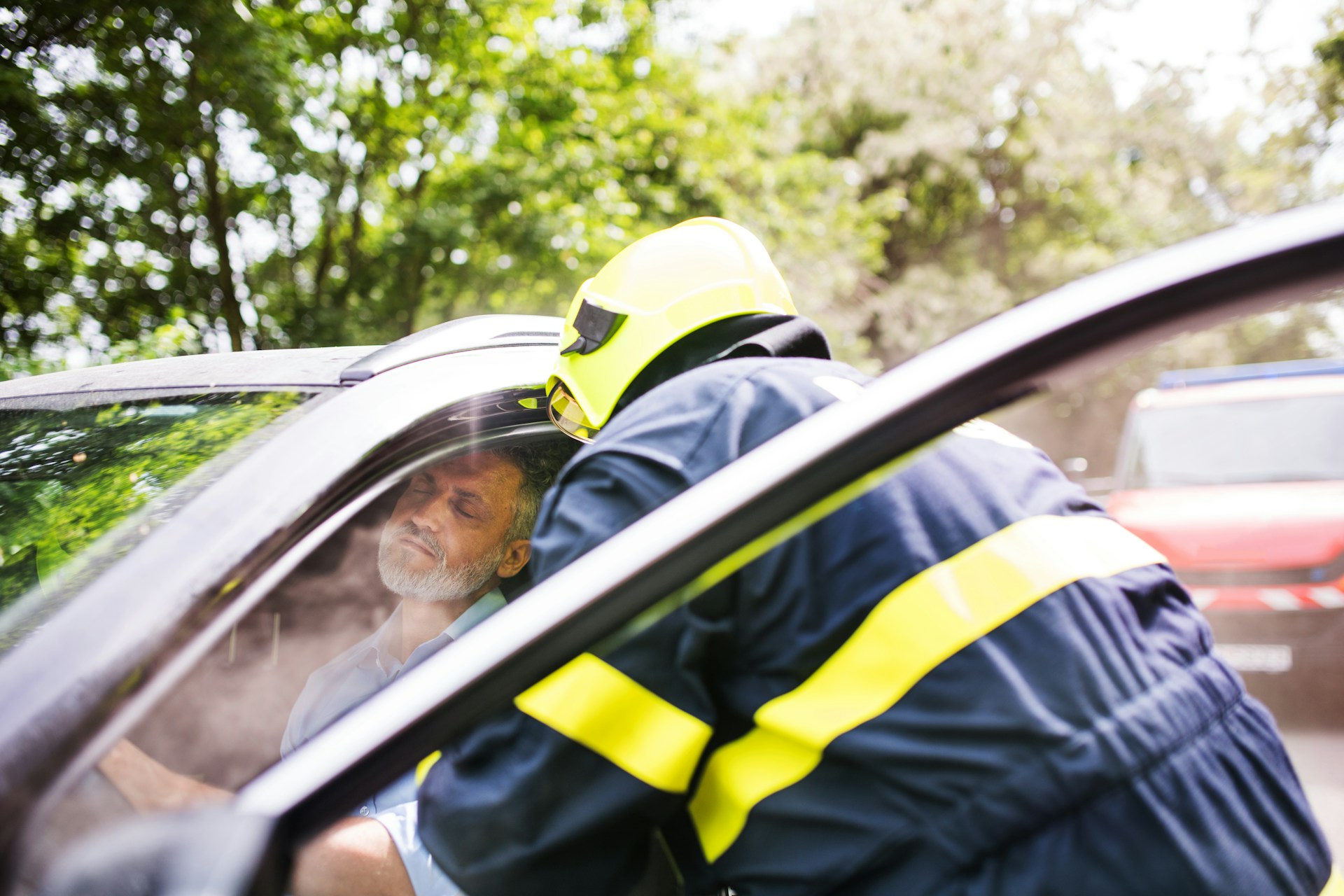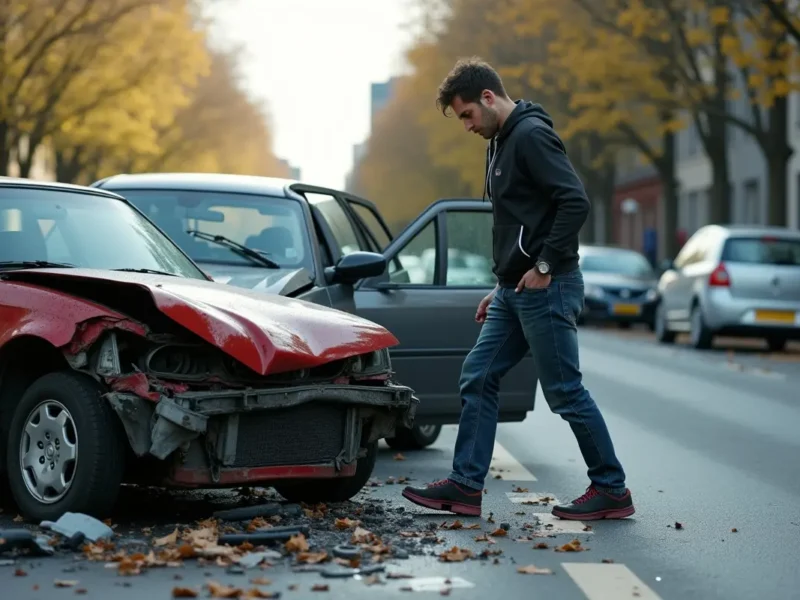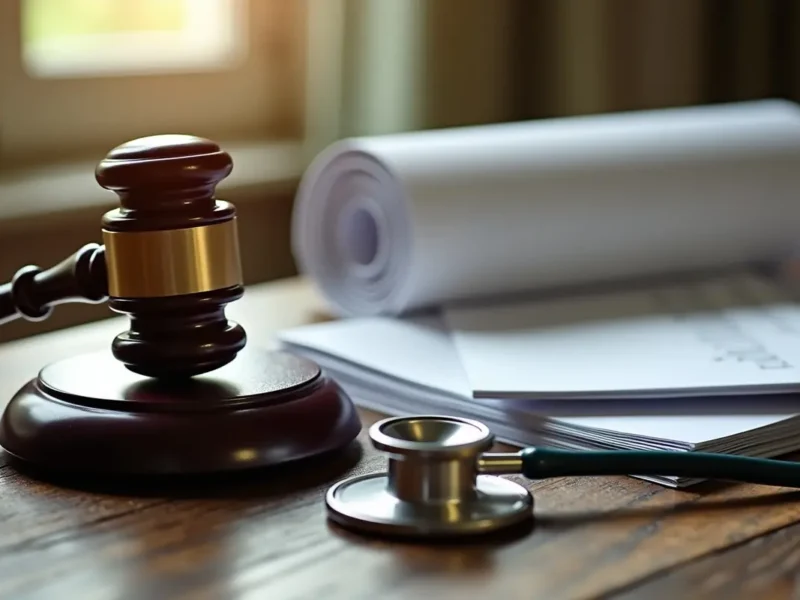Being hit by a car is a terrifying and disorienting experience. The immediate aftermath can be chaotic and overwhelming whether you’re a pedestrian, cyclist, or another motorist. Knowing what steps to take to protect your health, legal rights, and future well-being is crucial.
This article will guide you through the essential actions to take if you’ve been hit by a car, ensuring that you handle the situation as effectively as possible.
Contents
1. Ensure Your Safety and Seek Medical Attention
A. Move to Safety (If Possible)
If you’ve been hit by a car and cannot move, your priority should be to get to a safe location. This might mean moving to the side of the road, out of traffic, or onto a sidewalk. However, if you suspect that you have sustained a severe injury, it’s best to remain where you are and wait for emergency responders. Moving could worsen your injuries.
B. Call 911 or Ask Someone to Do So
Even if your injuries seem minor, it’s essential to call 911. Emergency medical services (EMS) can assess your condition, provide necessary medical care, and transport you to a hospital if needed. Additionally, calling 911 will ensure that law enforcement arrives at the scene to document the accident, which will be important for any legal claims you may need to pursue later.
C. Accept Medical Evaluation
Allow EMS to evaluate you, even if you don’t think you’re seriously injured. Adrenaline can mask pain, and some injuries, like concussions or internal bleeding, may not be immediately apparent. A thorough medical evaluation is crucial for your health and for documenting injuries that could be relevant to a future claim.
2. Gather Information at the Scene
A. Exchange Information with the Driver
If you’re able, obtain the driver’s information, including:
- Name
- Contact information (phone number, address)
- Driver’s license number
- License plate number
- Insurance details (company name, policy number)
If you’re unable to gather this information due to injury, ask a bystander or police officer to assist you.
B. Collect Evidence
Gathering evidence at the scene can significantly strengthen your case later on:
- Photographs: Take photos of the scene, including the car that hit you, your injuries, any damage to your bicycle or belongings, and the surrounding environment (e.g., traffic signals and crosswalks).
- Witness Statements: If there were witnesses to the accident, ask for their contact information and request that they provide a statement to the police.
- Police Report: Request the police report number and ask how you can obtain a copy of the report once it’s available.
3. Report the Accident to Your Insurance Company
Even if the accident was not your fault, it’s important to report the incident to your insurance company as soon as possible. Provide them with the details of the accident and any information you collected at the scene. Be honest about what happened, but avoid speculating about fault or downplaying your injuries.
4. Seek Medical Follow-Up
After the initial medical evaluation, following up with your healthcare provider is essential, especially if you experience pain, discomfort, or symptoms that were not apparent immediately after the accident. Keep all medical records, including doctor’s notes, prescriptions, and bills, as they will be crucial if you need to file a claim for damages.
5. Document Your Experience
Keep a detailed record of everything related to the accident:
- Injury Journal: Document your symptoms, pain levels, and how the injuries impact your daily life. This can be valuable evidence for your case.
- Expenses: Track all expenses related to the accident, including medical bills, transportation costs to medical appointments, lost wages, and any other out-of-pocket costs.
- Correspondence: Save copies of any correspondence with insurance companies, medical providers, and legal representatives.
6. Consult a Denver Car Accident Lawyer
Navigating the aftermath of being hit by a car can be legally complex. Even if the accident seems straightforward, consulting with a car accident lawyer can help protect your rights and ensure you receive the compensation you deserve.
A. Why You Need a Lawyer
- Understanding Liability: Determining who is at fault in a car accident can be complicated, especially if multiple parties are involved. A lawyer can help investigate the accident and determine liability.
- Handling Insurance Companies: Insurance companies often aim to minimize payouts. A lawyer can negotiate with the insurance company on your behalf to ensure you receive fair compensation for your injuries, property damage, and other losses.
- Filing a Lawsuit: If necessary, a lawyer can file a personal injury lawsuit to seek compensation beyond what insurance offers, covering medical bills, lost wages, pain and suffering, and other damages.
B. Choosing the Right Lawyer
Finding a local lawyer with experience in car accident cases is essential if you’re in Denver. A Denver car accident lawyer will be familiar with local laws, court systems, and insurance practices, providing you with the best possible representation.
C. The Initial Consultation
Many car accident lawyers offer a free initial consultation to review your case’s details and advise you on the best course of action. During this consultation, be prepared to discuss the accident, your injuries, and the evidence you’ve gathered. This meeting is also an opportunity to ask questions and assess whether the lawyer fits your needs.
7. Take Care of Your Mental Health
Being hit by a car is a traumatic experience, and it’s essential to take care of your mental health as you recover. Consider talking to a therapist or counselor if you’re experiencing anxiety, depression, or PTSD symptoms. Taking care of your mental well-being is just as important as addressing your physical injuries.
Conclusion
Getting hit by a car is a frightening experience that can leave you feeling vulnerable and unsure of what to do next. By following the steps outlined in this article—ensuring your safety, gathering information, seeking medical care, consulting a lawyer, and caring for your mental health—you can protect your rights and begin the process of recovery.
If you’re in Denver, working with a skilled car accident lawyer can help you navigate the legal complexities and ensure that you receive the compensation and support you need during this challenging time.



